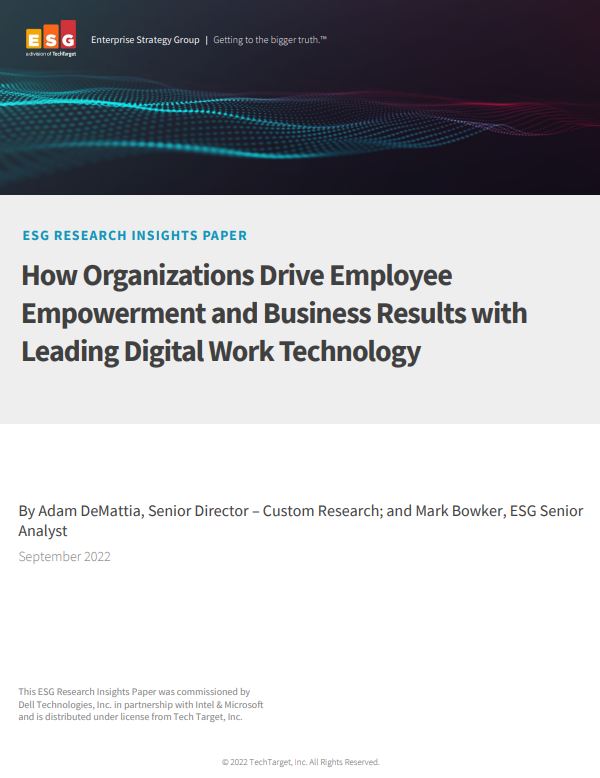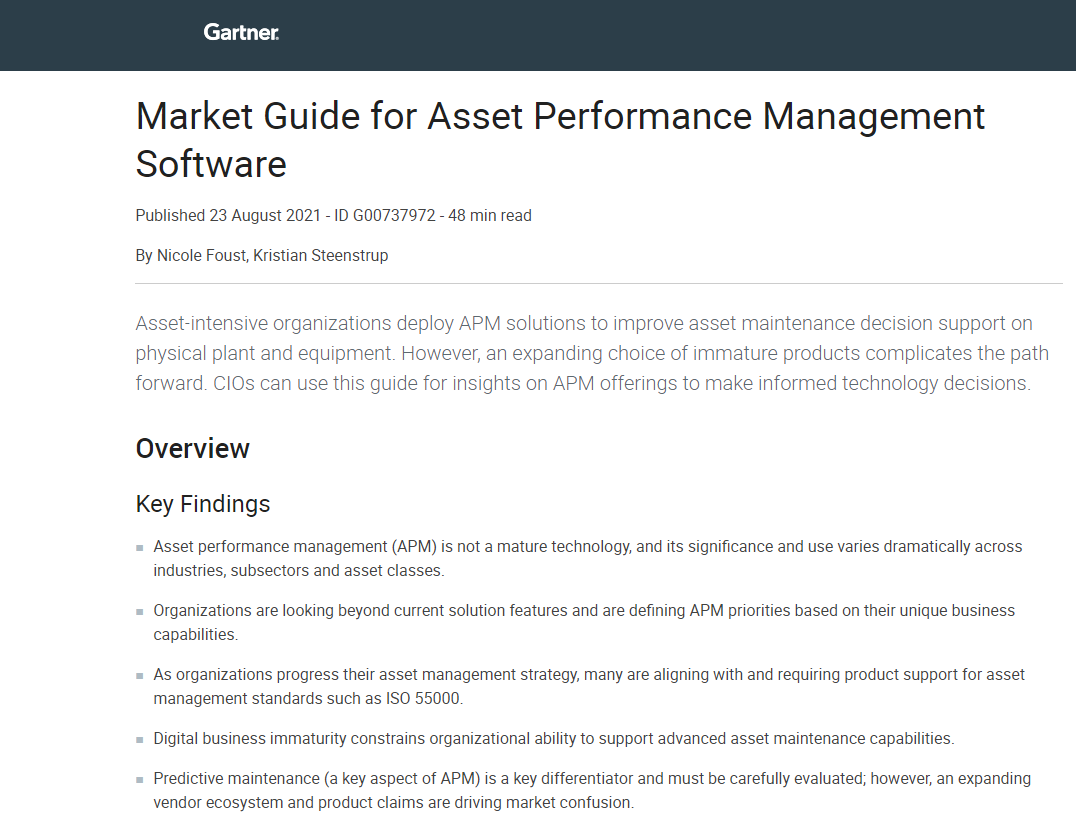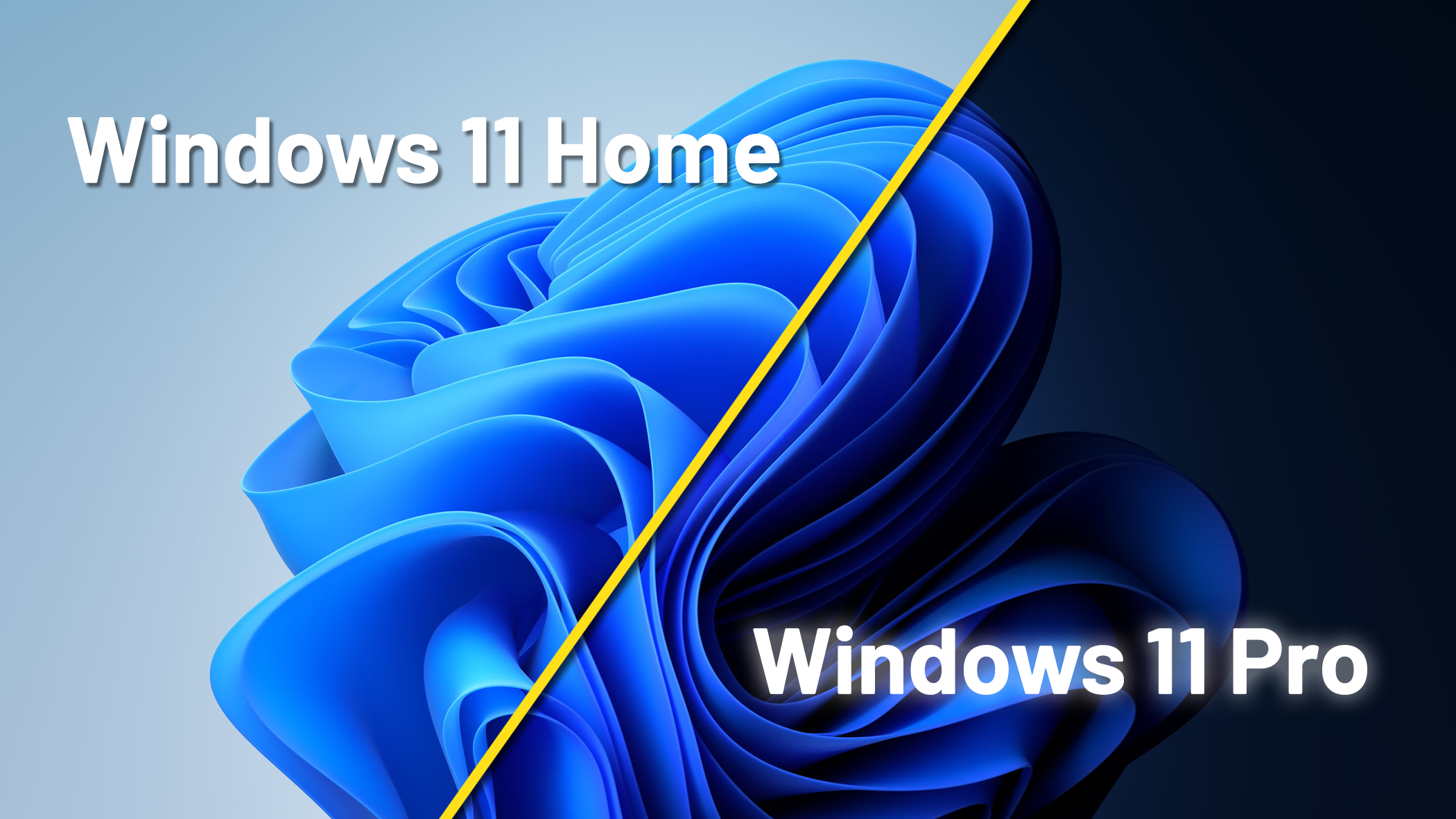webOS to be fully open source by September
webOS is to be handed over to the open source community once autumn arrives.


HP said it will hand over the webOS platform to the open source community by September, potentially giving the moribund operating system a new lease of life.
The Silicon Valley giant acquired the OS from Palm as part of a $1.2 billion deal in 2010, but the future of webOS was put in jeopardy when HP announced it was considering quitting the smartphone space.
When the TouchPad went on a fire sale last year, it looked as if webOS' fate was sealed.
Yet HP appears to remain committed to the operating system, at least from a distance, also announcing today it was releasing version 2.0 of the webOS developer tool Enyo.
This is a decisive step toward meeting our goal of accelerating the platform's development.
Enyo lets developers create apps for different platforms, including Android and iOS as well as browsers like Firefox and Internet Explorer.
The OS will be made available under the Apache License, Version 2.0 via an incremental approach from HP, which will see individual elements of source code available over the coming months.
Get the ITPro daily newsletter
Sign up today and you will receive a free copy of our Future Focus 2025 report - the leading guidance on AI, cybersecurity and other IT challenges as per 700+ senior executives
"HP is bringing the innovation of the webOS platform to the open source community," said Bill Veghte, executive vice president and chief strategy officer for HP.
"This is a decisive step toward meeting our goal of accelerating the platform's development and ensuring that its benefits will be delivered to the entire ecosystem of web applications."
Sam Greenblatt, the chief technology officer and head of technical strategy for the open webOS project, took to a Palm developer blog to talk up Enyo.
"This initial open source release includes Enyo 1.0, which allows current developers of Enyo apps for webOS devices to distribute their apps to other platforms. While this release is not intended to be expanded any further, there is considerable utility for our current developer base in releasing it," Greenblatt said.
"Today's release also includes the core of Enyo 2.0, which will be the foundation for Enyo going forward. It expands Enyo's 'write once, run anywhere' capability to even more platforms, from mobile devices to desktop web browsers."
Tom Brewster is currently an associate editor at Forbes and an award-winning journalist who covers cyber security, surveillance, and privacy. Starting his career at ITPro as a staff writer and working up to a senior staff writer role, Tom has been covering the tech industry for more than ten years and is considered one of the leading journalists in his specialism.
He is a proud alum of the University of Sheffield where he secured an undergraduate degree in English Literature before undertaking a certification from General Assembly in web development.
-
 Cleo attack victim list grows as Hertz confirms customer data stolen
Cleo attack victim list grows as Hertz confirms customer data stolenNews Hertz has confirmed it suffered a data breach as a result of the Cleo zero-day vulnerability in late 2024, with the car rental giant warning that customer data was stolen.
By Ross Kelly
-
 Lateral moves in tech: Why leaders should support employee mobility
Lateral moves in tech: Why leaders should support employee mobilityIn-depth Encouraging staff to switch roles can have long-term benefits for skills in the tech sector
By Keri Allan
-
 IDC: The business value of IBM Maximo
IDC: The business value of IBM MaximoWhitepaper Integral to the transformation of asset management
By ITPro
-
 Windows 11 tips and tricks for IT professionals
Windows 11 tips and tricks for IT professionalsIn-depth Like many systems, Windows 11 has a slate of hidden tips and tricks for users looking to ramp up productivity
By John Loeppky
-
 How organisations drive employee empowerment and business results with leading digital technology
How organisations drive employee empowerment and business results with leading digital technologyWhitepaper What you can achieve with a leading approach to digital work
By ITPro
-
 How to add a printer to macOS
How to add a printer to macOSTutorials Everything you need to know about connecting a printer to an Apple computer via cable, Wi-Fi or IP address
By Bobby Hellard
-
 How to make a printer shortcut in Windows 10
How to make a printer shortcut in Windows 10In-depth Quickly checking printer settings and the print tray just got a bit easier with these simple steps
By Rory Bathgate
-
 How to take a screenshot on MacOS
How to take a screenshot on MacOSTutorials We run you through the various ways to take a screenshot on MacOS, including how to capture tricky areas like the menu and touch bars
By Rory Bathgate
-
 How to choose APM software for your business
How to choose APM software for your businessWhitepaper A market guide to Asset Management Performance software
By ITPro
-
 Windows 11 Home vs Pro: What's the difference for business users?
Windows 11 Home vs Pro: What's the difference for business users?Vs A comparison of the various features and tools available across Windows 11's Home and Pro versions
By Chris Merriman